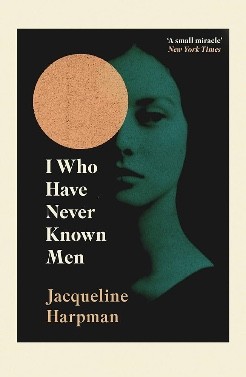Since I barely venture outside these days, I spend a lot of time in one of the armchairs, rereading the books. I only recently started taking an interest in the prefaces. The authors talk readily about themselves, explaining their reasons for writing the book. This surprises me: surely it was more usual in that world than in the one in which I have lived for people to pass on the knowledge they had acquired? They often seem to feel the need to emphasize that they wrote the book, not out of vanity, but because someone asked them to, and that they had thought about it long and hard before accepting. How strange! It suggests that people were not avid to learn, and that you had to apologize for wanting to convey your knowledge. Or, they explain why they felt it was appropriate to publish a new translation of Proust, because previous efforts, laudable though they may be, lacked something or other. But why translate when it must have been so easy to learn different languages and read anything you wanted directly? These things leave me utterly baffled. True, I am extremely ignorant: apparently, I know even less of these matters than I thought I did. The authors express their gratitude to those who taught them, who opened the door to this or that avenue of knowledge, and, because I have absolutely no idea of what they’re talking about, I usually read these words with a degree of indifference. But suddenly, yesterday, my eyes filled with tears; I thought of Anthea, and was overcome by a tremendous wave of grief. I could picture her, sitting on the edge of a mattress, her knees to one side, sewing patiently with her makeshift thread of plaited hairs which kept snapping, stopping to look at me, astonished, quick to recognize my ignorance and teach me what she knew, apologising that it was so little, and I felt a huge wrench, and began to sob. I had never cried before. There was a pain in my heart as powerful as the pain of the cancer in my belly, and I who no longer speak because there is no one to hear me, began to call her. Anthea! Anthea! I shouted. I couldn’t forgive her for not being there, for having allowed death to snatch her, to tear her from my clumsy arms. I chastised myself for not having held on to her, for not having understood that she couldn’t go on any more. I told myself that I’d abandoned her because I was frigid, as I had been all my life, as I shall be when I die, and so I was unable to hug her warmly, and that my heart was frozen; unfeeling, and that I hadn’t realised that I was desperate.
Never before had I been so devastated. I would have sworn it couldn’t happen to me; I’d seen women trembling, crying and screaming, but I’d remained unaffected by their tragedy, a witness to impulses I found unintelligible, remaining silent even when I did what they asked of me to assist them. Admittedly, we were all caught up in the same drama that was so powerful, so all-embracing, that I was unaware of anything that wasn’t related to it, but I had come to think that I was different. And now, racked with sobs, I was forced to acknowledge too late, much too late, that I too had loved, that I was capable of suffering and that I was human after all.
